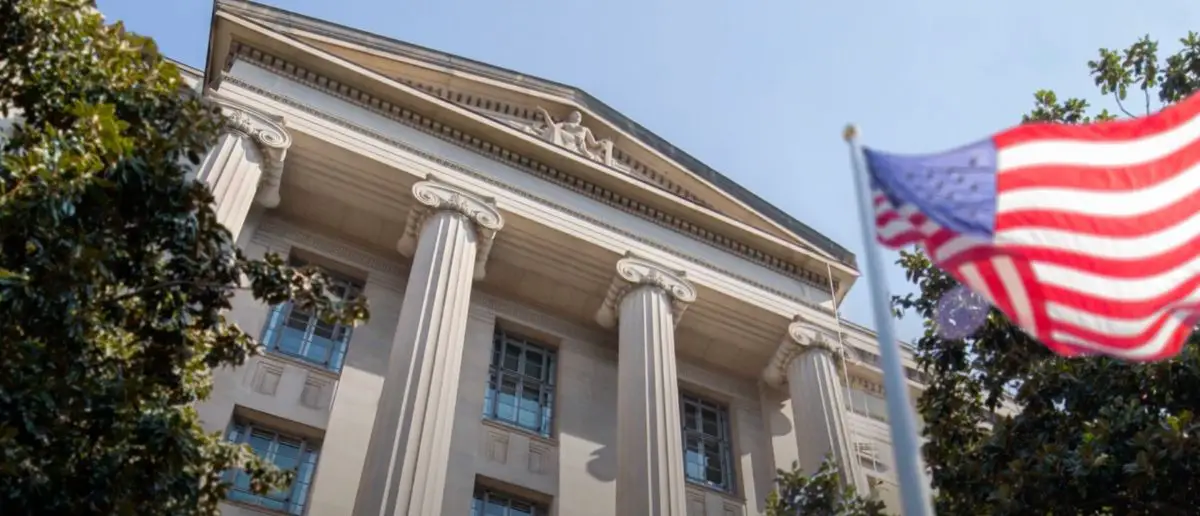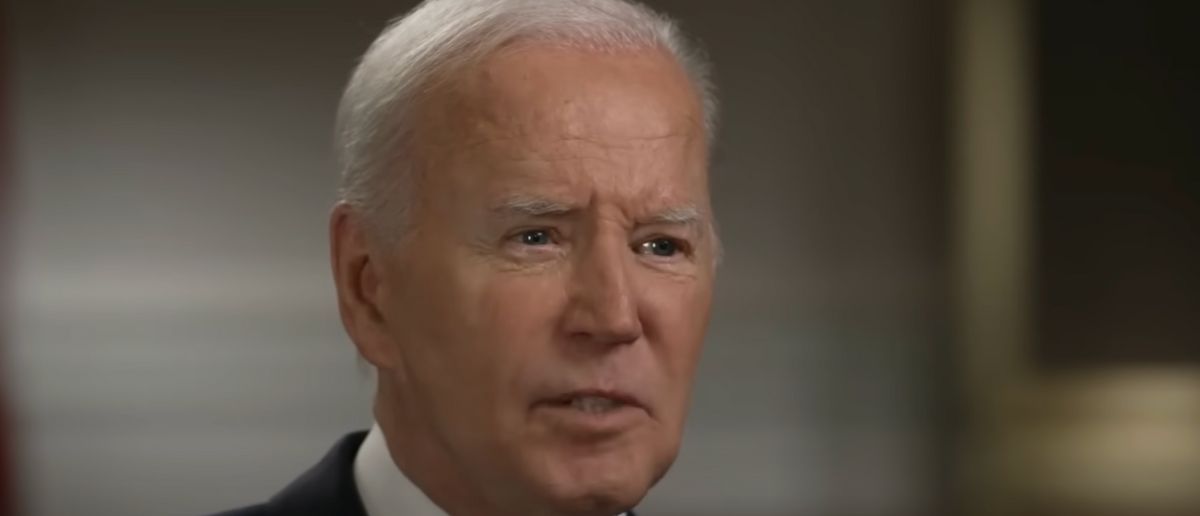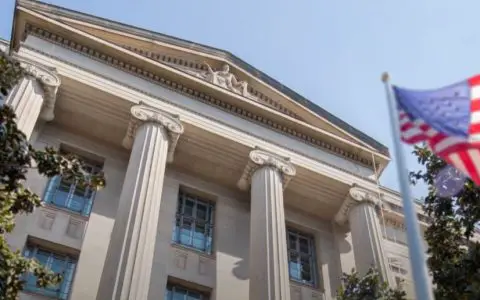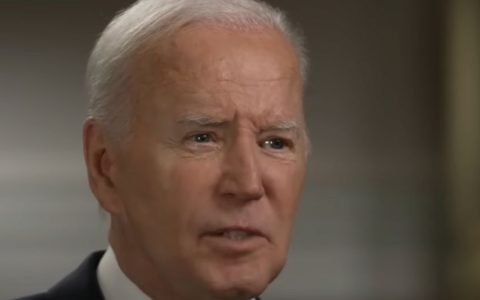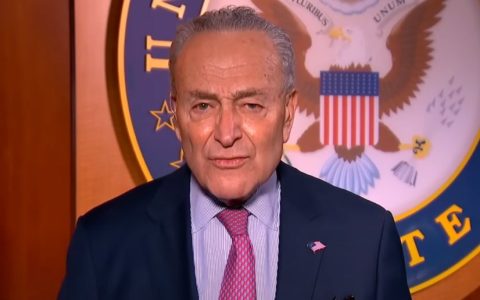
The U.S. Supreme Court has been handling massive cases lately. But their rulings are controversial.
And now the U.S. Supreme Court’s direct order is being ignored leaving President Trump and his allies stunned.
Lower Federal Judges Face Criticism for Blocking Executive Policies
Lower federal courts have been issuing decisions that challenge the Trump administration’s initiatives, often appearing to contradict Supreme Court guidance. The executive branch has encountered repeated legal obstacles from federal judges as it advances its strict immigration policies. Despite securing key victories at the Supreme Court, including a ruling that limited the scope of nationwide injunctions, some judges have continued to issue orders that seem to bypass higher court decisions.
On Friday, U.S. District Judge Jia Cobb, a Biden appointee, issued a ruling that stopped the Trump administration from using “expedited removal” to quickly deport undocumented migrants, court records show. This decision temporarily halts the administration’s deportation plans. An administration spokesperson sharply criticized the ruling, accusing Judge Cobb of disregarding a prior Supreme Court decision.
“Judge Cobb is flagrantly ignoring the United States Supreme Court which upheld expedited removals of illegal aliens by a 7-2 majority,” Homeland Security Assistant Secretary Tricia McLaughlin said in a public statement. “This ruling is lawless and won’t stand.”
In April, Judge Brian Murphy, appointed by the Biden administration to the Federal District Court in Massachusetts, issued a preliminary injunction preventing the transfer of deportable migrants to third countries. The Supreme Court later paused Murphy’s order, but he insisted it remained valid, citing a dissent from Justice Sonia Sotomayor. The Trump administration labeled this as “unprecedented defiance” of the Supreme Court’s authority in court filings.
“The district court’s ruling of last night is a lawless act of defiance that, once again, disrupts sensitive diplomatic relations and slams the brakes on the Executive’s lawful efforts to effectuate third-country removals,” Solicitor General D. John Sauer wrote to the justices in June.
In July, the Supreme Court, in a 7-2 ruling, sided with the administration, permitting the deportation of migrants to South Sudan and invalidating Murphy’s orders. Judge Michael Simon, an Obama appointee to the U.S. District Court for the District of Oregon, ruled that the Department of Homeland Security could not end parole status for large groups of migrants. Simon referenced other lower court rulings but failed to note that the Supreme Court had paused those decisions over a month prior.
In May, the Supreme Court overturned lower court orders that had blocked President Trump’s removal of members from the National Labor Relations Board and the Merit Systems Protection Board, affirming the executive’s authority over these agencies.
Yet, the U.S. Court of Appeals for the Fourth Circuit declined to pause a district court order preventing the removal of members from the Consumer Product Safety Commission, a similar agency. The Supreme Court stepped in during July, granting a stay based on prior precedent.
The Trump administration, increasingly irritated by what it calls “activist judges” thwarting its policies, secured a major win in June when the Supreme Court, in a 6-3 vote, restricted lower courts’ ability to issue nationwide injunctions in a case involving Trump’s birthright citizenship order.
“The injunctions before us today reflect a more recent development: district courts asserting the power to prohibit enforcement of a law or policy against anyone,” Justice Amy Coney Barrett stated in the majority opinion. “These injunctions — known as ‘universal injunctions’ — likely exceed the equitable authority that Congress has granted to federal courts. We therefore grant the Government’s applications to partially stay the injunctions entered below.” The White House called the decision a “big win” in a press release.
Despite this ruling, lower courts have continued to issue nationwide injunctions by exploiting exceptions in the order. Recent decisions have blocked the president’s asylum restrictions at the southern border and halted the termination of deportation protections for Haitian nationals.
In late July, a federal judge prevented the Trump administration from ending birthright citizenship for children of undocumented migrants, marking the third nationwide injunction against the order since the Supreme Court’s decision.
Growing Concerns Over Lower Federal Judges’ Interference with Executive Authority
The increasing frequency of lower federal judges issuing rulings that obstruct executive branch policies has raised alarm among Americans, particularly regarding the separation of powers. Critics contend that these judges, often appointed by prior administrations, are exceeding their authority by issuing orders that conflict with Supreme Court rulings or impede the president’s ability to implement lawful policies. This issue is especially evident in immigration cases, where the Trump administration’s agenda faces persistent legal challenges.
Nationwide injunctions issued by district court judges have become a focal point of criticism. These broad orders, which halt federal policies nationwide, are seen by many as an overreach of judicial power. In June 2025, the Supreme Court, in a 6-3 decision, curtailed the ability of lower courts to issue such injunctions. However, some judges have continued to exploit loopholes in the ruling, prompting concerns about judicial overreach and accountability.
Public unease is driven by perceptions that some judges are motivated by ideological biases rather than legal neutrality. For example, decisions by Biden- and Obama-appointed judges like Jia Cobb and Michael Simon have been criticized for ignoring Supreme Court precedents to block Trump administration policies. This has led to accusations of “judicial activism,” with critics arguing that such actions undermine the executive’s ability to govern effectively.
The case of Judge Brian Murphy, who upheld his injunction despite a Supreme Court stay, exemplifies this tension. Legal analysts warn that such defiance risks undermining public confidence in the judiciary, as it suggests a disregard for the established legal hierarchy. This has sparked calls for reforms to ensure lower courts adhere to Supreme Court authority.
Immigration policy remains a key battleground. The Trump administration’s efforts to implement expedited removals, deportations to third countries, and restrictions on birthright citizenship have been repeatedly stalled by lower court rulings. These decisions disrupt policy implementation and complicate diplomatic efforts, as seen in the case of deportations to South Sudan.
Conflicting judicial rulings create uncertainty for policymakers, businesses, and individuals, leading to administrative confusion and eroded trust in the legal system. The public’s frustration is compounded by the perception that the judiciary is overstepping its role in the constitutional framework.
Legal experts point to the politicization of the federal judiciary as a root cause. The appointment process, which allows presidents to select judges aligned with their ideologies, has created a judiciary that sometimes mirrors partisan divides. Proposals for reform include limiting the scope of district court injunctions or clarifying judicial deference to higher courts.
Public sentiment, as reflected in recent discussions, reveals growing concern about the judiciary’s influence over executive actions. Surveys suggest many Americans believe the judiciary wields excessive power, particularly in areas like immigration and national security. This view is especially strong among Trump administration supporters, who see these rulings as deliberate efforts to obstruct the president’s agenda.

